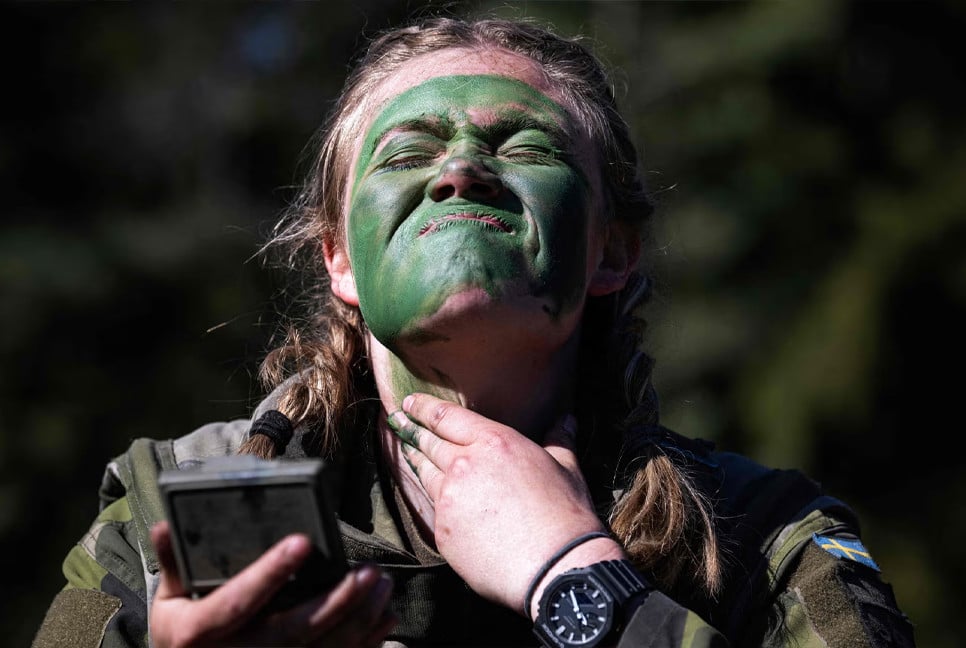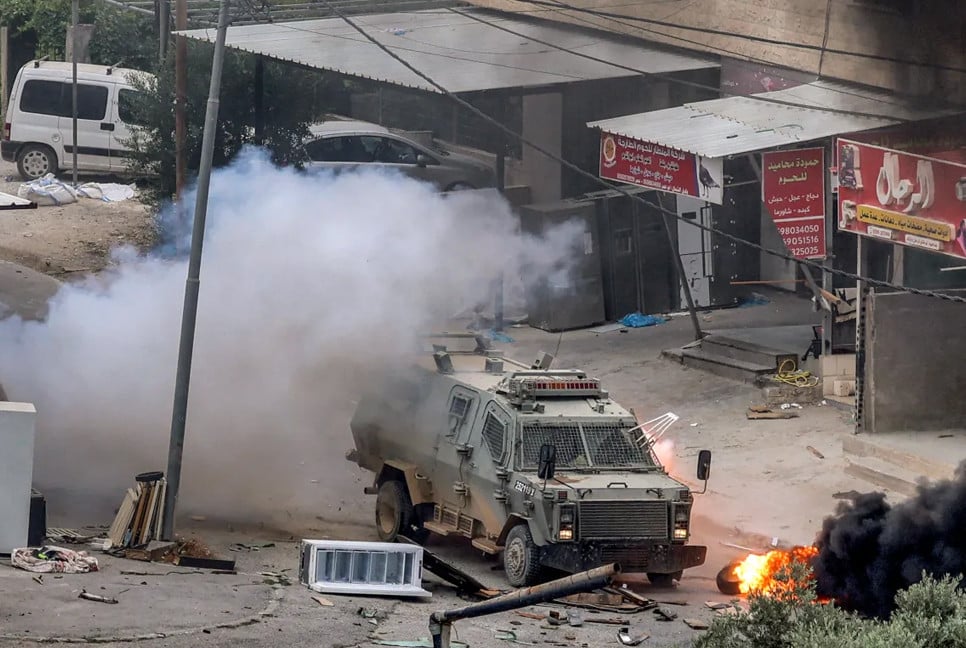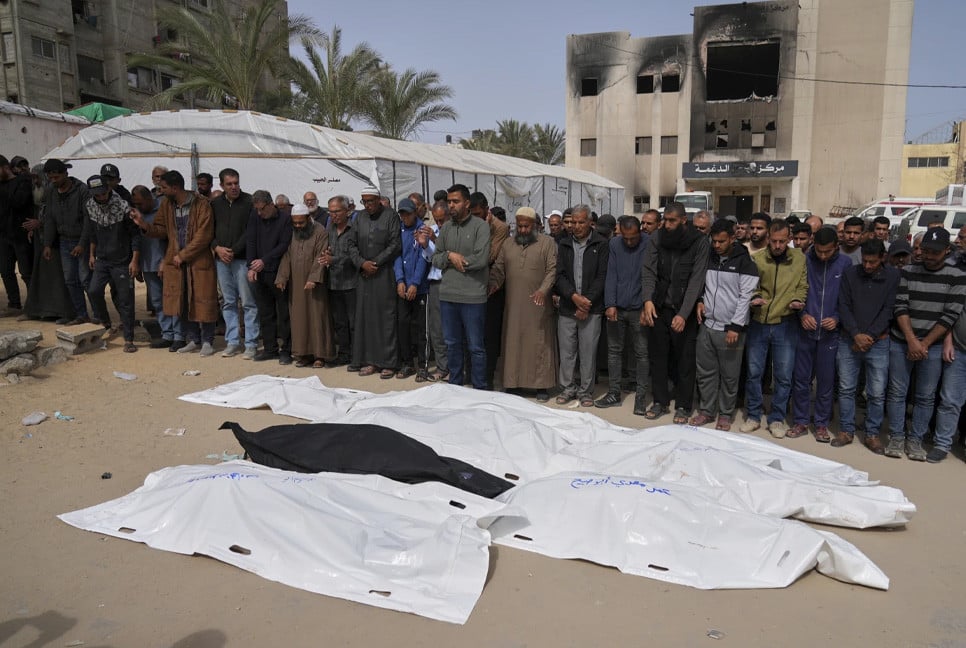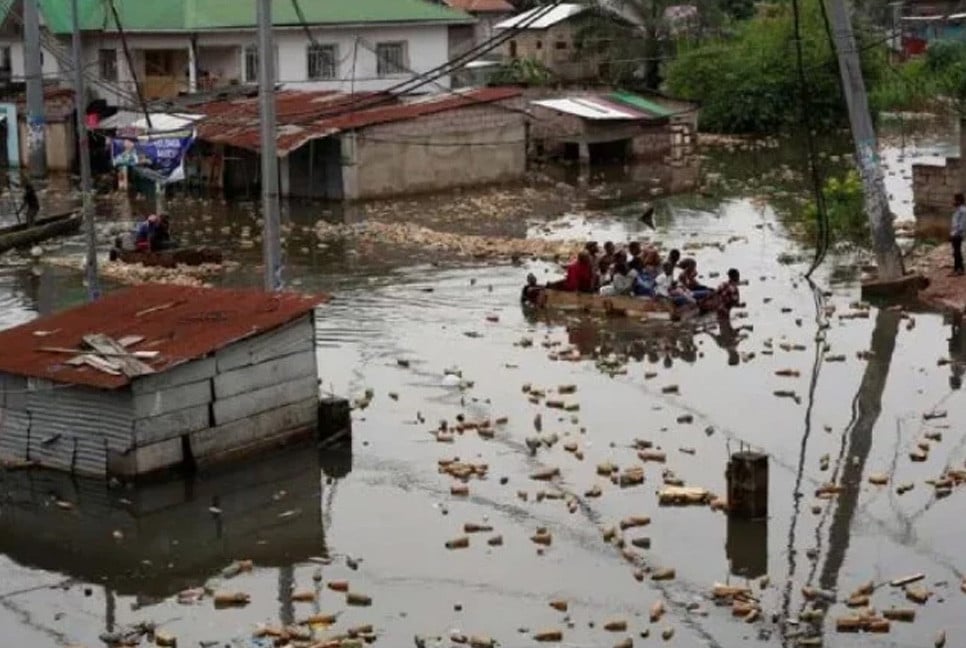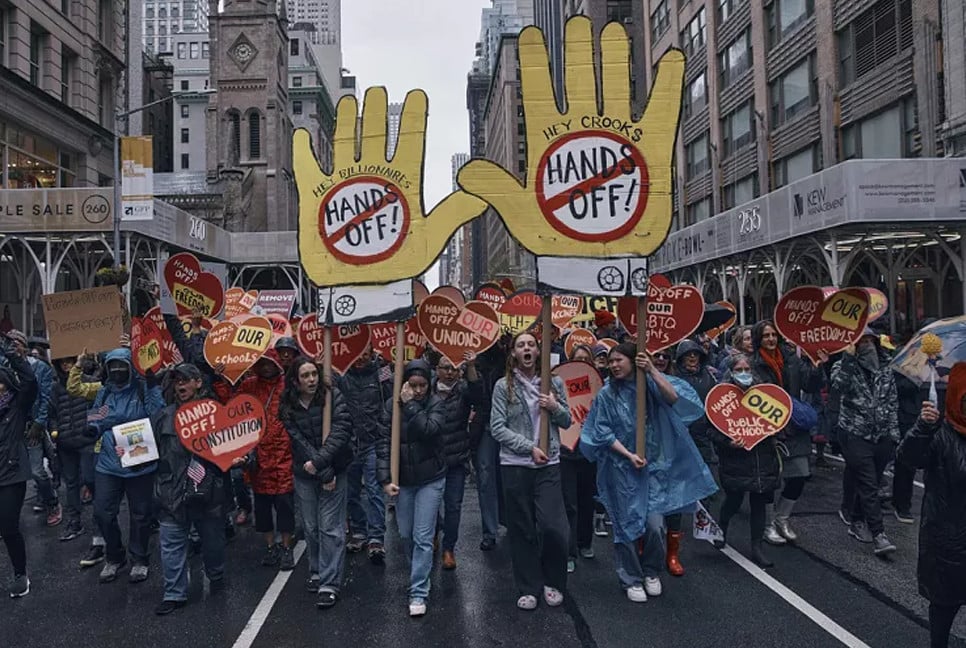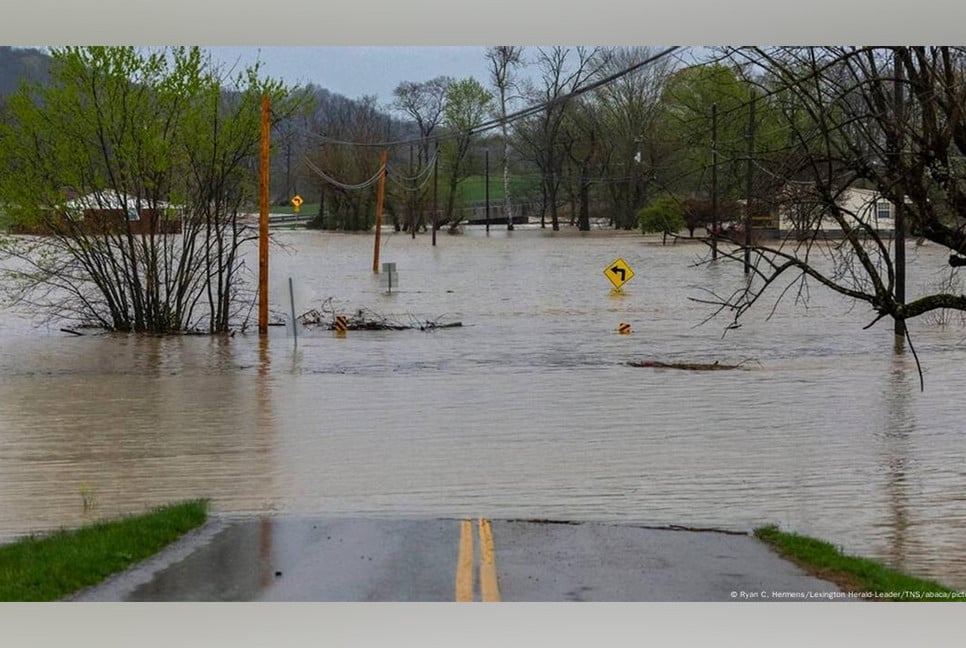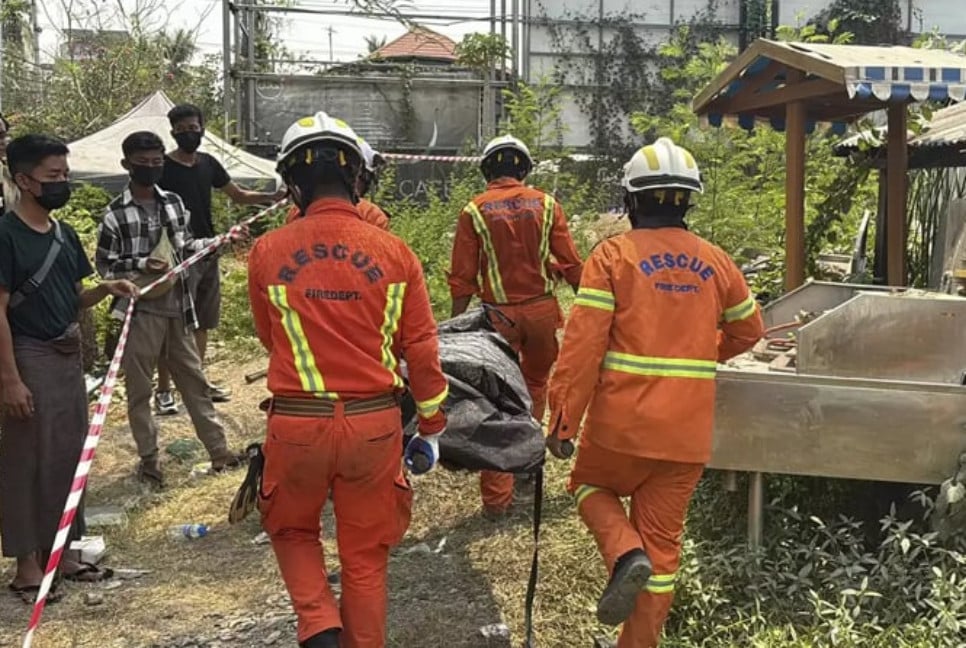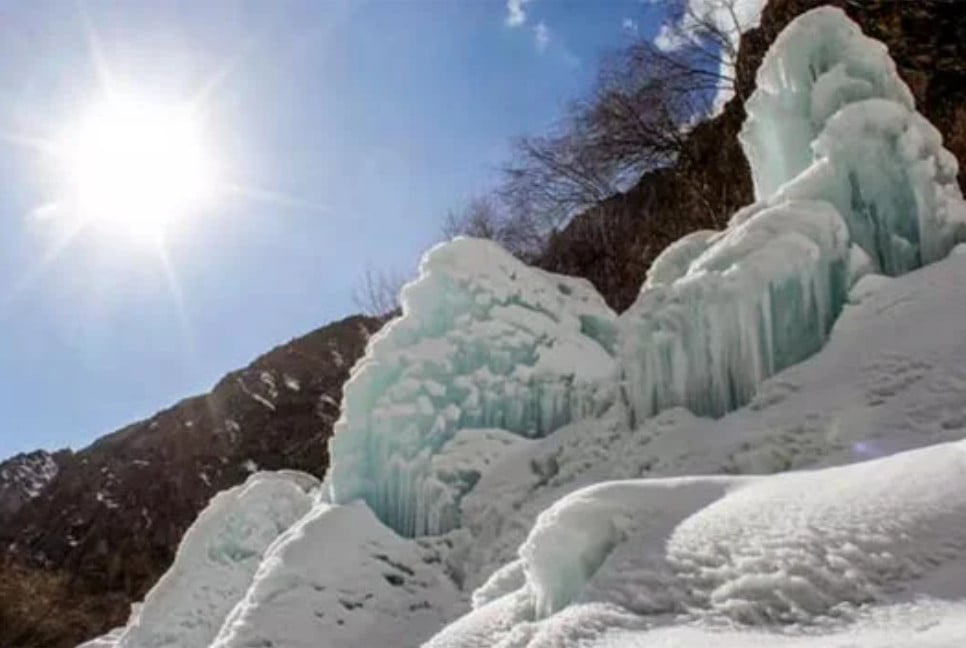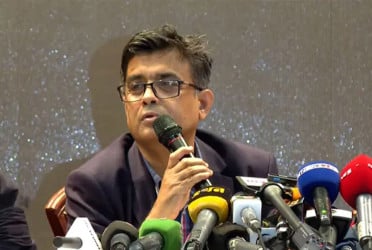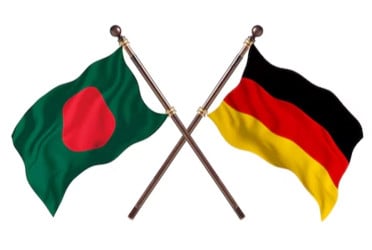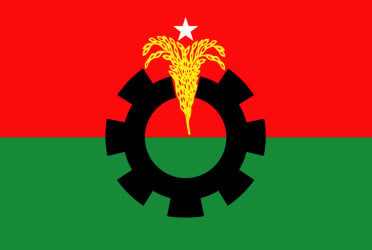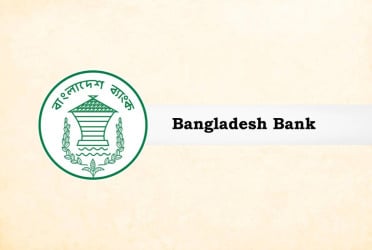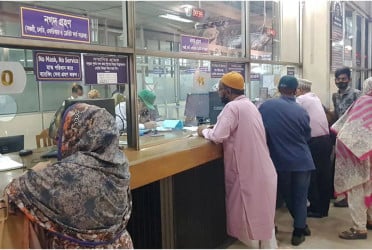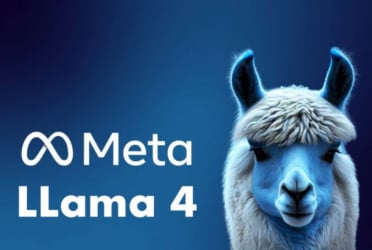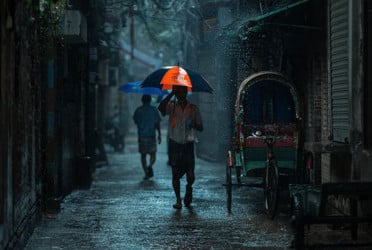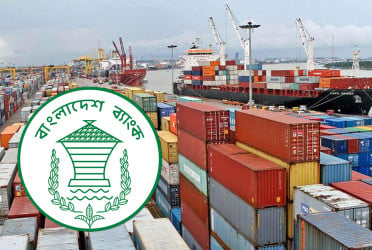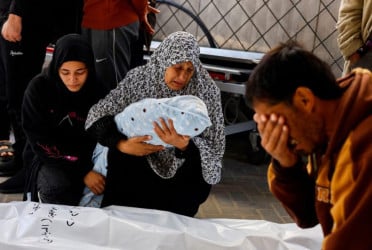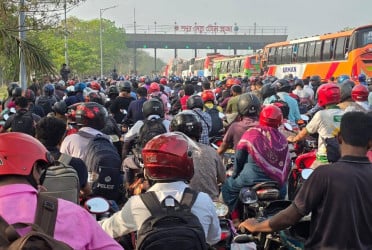There are countries in Europe that are taking precautions to save citizens from the possible war or crisis by developing apps, distributing pamphlets, reports the Guardian.
Despite integrity in European countries, Russia’s full-scale invasion in Ukraine has raised the security concerns across the Baltic region.
Germany’s defense minister Boris Pistorius said: “They are taking steps to get populations kriegsfähig- ready for war.” However, experts predict an attack by Russia may be a possibility within the next five years.
Germany’s focus, meanwhile, is on ramping up the number of its bunkers and protective shelters after an official estimate that the nation of 84 million has fewer than 600 public shelters, together capable of holding just 480,000 people.
Many cold war shelters have been dismantled owing to the belief they would no longer be needed, but Berlin has now launched a national bunker plan under the Federal Office for Population Protection, including a geo-location phone app.
German citizens have been urged to adapt their own cellars, garages or store rooms, or excavate old bunkers, while house-builders will be legally obliged to include safe shelters in new homes – as Poland has already done.
Swedish pamphlet’s prologue says: “We live in uncertain times. Armed conflicts are currently being waged in our corner of the world. Terrorism, cyber-attacks, and disinformation campaigns are being used to undermine and influence us.”
Also available in English, it adds that collective resilience is essential and if Sweden is attacked, “everyone must do their part to defend Sweden’s independence – and our democracy … you are part of Sweden’s overall emergency preparedness”.
Swedes have long been familiar with such public information pamphlets: the first was issued in the Second World War. The latest advises on, among other topics, warning systems, air raid shelters, digital security and how to use the toilet if there is no water.
It also recommends keeping a good supply of water at home; having plenty of blankets, warm clothes and alternative heating; getting a battery-powered radio; and storing plenty of energy-rich, quick-to-prepare food.
Reaction among Swedish residents has been mixed. Johnny Chamoun, 36, a hairdresser in Solna, near Stockholm, said it was “good to be prepared”. But, he said, while the brochure was a good idea, it had not been much of a talking point.
The Norwegian pamphlet advises people, for example, to hold at least a week’s worth of non-perishable food including “crispbreads, canned pulses and beans, canned sandwich spreads, energy bars, dried fruit, chocolate, honey, biscuits and nuts”.
Norway also advises residents to stock up on essential medicines – including iodine tablets, in case of a nuclear incident – and, like Sweden, recommends that people have several bank cards and keep a ready supply of cash at home.
In Finland, an exhaustive online guide called Preparing for incidents and crises offers residents’ information and advice on anything from water outages to wildfires, the collapse of the internet or “longer-term crises … such as military conflict”.
More practically, on a separate website, 72tuntia.fi, Finland – which shares an 830-mile (1,340km) border with Russia – asks its citizens bluntly: “Would you survive 72 hours?” in a range of crisis situations, inviting them to put both their skills and their supplies through a series of tests.
The site has tips on strengthening psychological resilience “to increase your ability to cope in difficult circumstances”, improving personal cyber-security and sheltering indoors.
Bd-Pratidin English/ Afsar Munna

